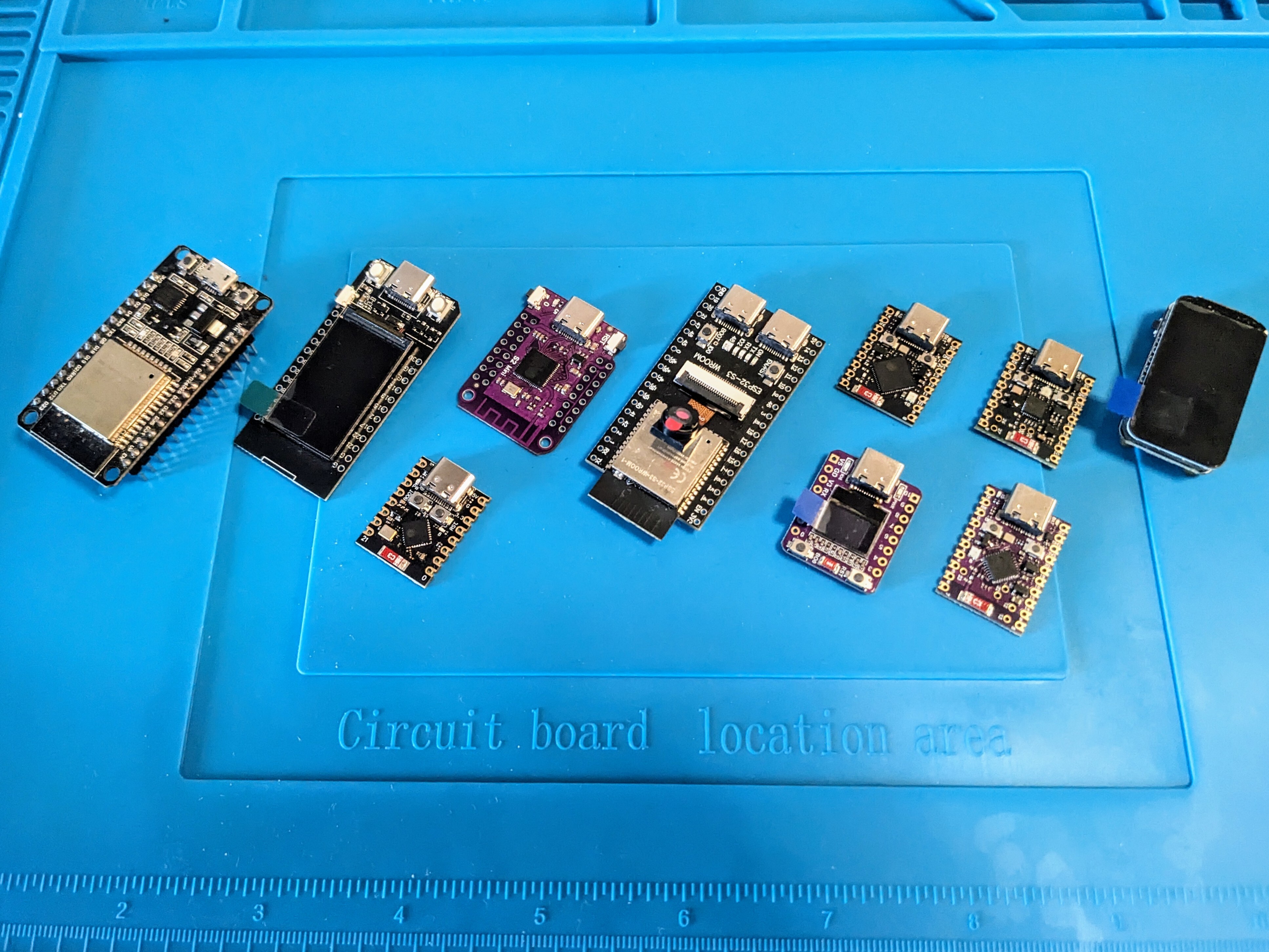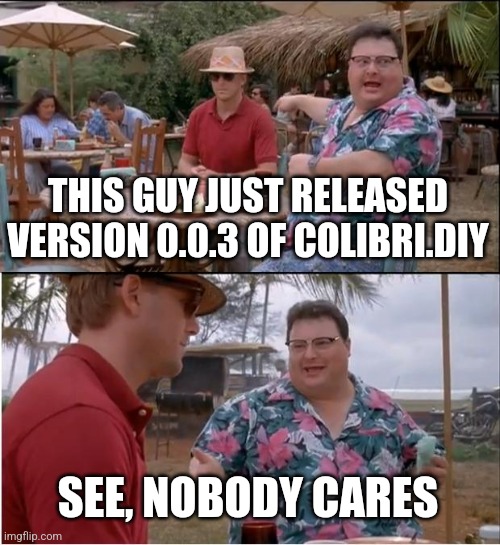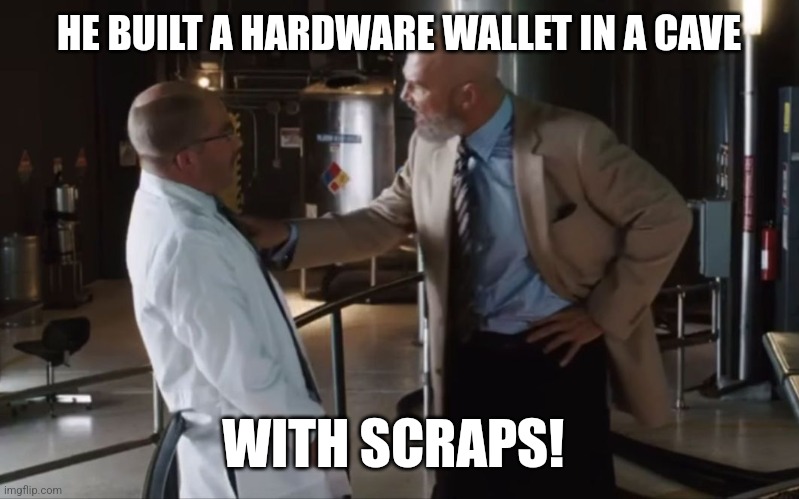the difference is really just having kde desktop, which some prefer over gnome
Qual is German and means "suffering"
there's a youtuber working on something similar, maybe yous can join forces: https://youtu.be/OgMdO0ckICg
when did behaving like a cunt become normal? companies used to have at least a shred of integrity, if only to not get into trouble legally. nowadays they are indistinguishable from the mob, i'd trust the word of organised crime more at this point
could be, maybe expectations went up too
garbage in garbage out - sounds like a reasonable take
NNNNNNNNNNNNNNNNNNNNNNNNNNNNNN
This thread made my (Wednes) day
Is it just me, or are Github Copilot and ChatGPT getting dumber? I'm quite underwhelmed lately.
thx for clearing that up! in Europe at least, consumer protection laws cover downloads ("you're a moron who doesn't know what you're actually downloading and whether it is legal"), but seeding == distributing, which is a punishable offence
AllDebrid retains files for 30 days and must be seeding a ton (how would they get high download speed otherwise?), what am i missing here?
the caching of files also helps, since they're only leeched once, then downloaded from their servers by potentially more than one user





more recent kde and gnome versions handle it quite well